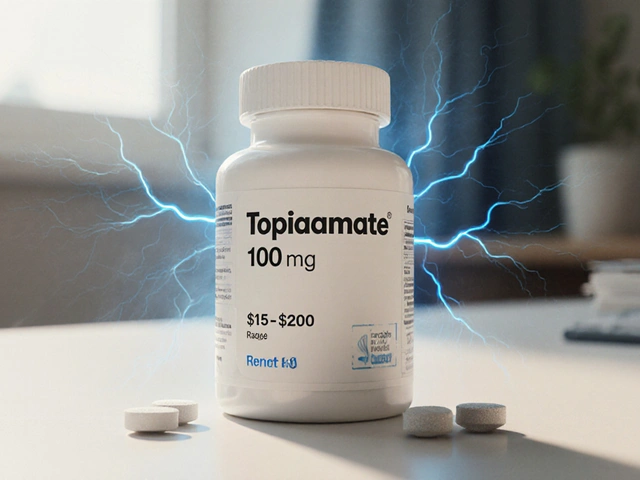Supplement Side Effects – What You Need to Know
If you pop a vitamin or herb every day, you probably assume it’s all good. In reality many supplements can cause unwanted reactions, especially if you mix them with meds or take too much. This guide shows the most common problems and gives easy ways to protect yourself.
Common Issues Across Popular Supplements
Stomach upset is the #1 complaint. Calcium tablets, iron pills, and even some herbal blends can irritate your gut, causing nausea or constipation. If you feel queasy after a dose, try taking the supplement with food or switching to a chewable form.
Allergic reactions pop up more often than you think. Green tea extract, fish oil, and certain protein powders contain allergens like soy, gluten, or shellfish. Look for “free‑from” labels and start with a tiny dose to see how your body reacts.
Heart‑related side effects are rare but real. High doses of caffeine, yohimbine, or bitter orange can raise blood pressure and cause palpitations. If you have a history of heart issues, skip these stimulants or talk to a doctor before using them.
Some supplements interfere with prescription meds. Vitamin K can blunt the effect of blood thinners, while St. John’s wort can reduce the potency of antidepressants. Always check for drug‑supplement interactions on a reliable site or ask your pharmacist.
How to Spot and Manage Unwanted Reactions
The first step is paying attention. Write down what you take, the dose, and any symptoms you notice. A simple spreadsheet helps you see patterns—like a headache that shows up only when you add a new herb.
If you suspect a reaction, stop the supplement for at least a week. If symptoms disappear, re‑introduce it at half the original dose. This “rechallenge” method tells you if the product is the culprit.
Hydration can ease many side effects. Drinking plenty of water helps your kidneys clear excess nutrients and reduces stomach irritation. Pair fat‑soluble vitamins (A, D, E, K) with a small amount of healthy fat to improve absorption without overloading your system.
When in doubt, reach out to a health professional. Pharmacists are great at spotting interactions, and doctors can run simple blood tests to see if you’re overdosing on iron or vitamin B12.
Finally, choose quality brands that provide third‑party testing results. Look for seals from USP, NSF, or ConsumerLab—these indicate the product contains what the label says and isn’t laced with contaminants.
Staying safe with supplements is mostly about being informed, starting low, and listening to your body. Follow these tips, and you’ll get the benefits without the surprise side effects.
Thinking about trying Pao Pereira supplements? This article takes a deep dive into the possible side effects, risks, and drug interactions linked to Pao Pereira. You'll find details on dosage safety, who shouldn't use it, and what can happen if it's mixed with certain meds. Get smart tips to help you decide if it’s right for you or your loved ones. All facts are presented clearly and honestly, with practical advice for safe use.









